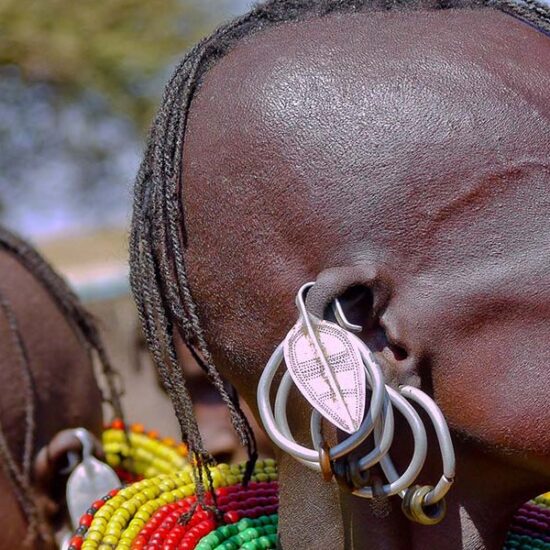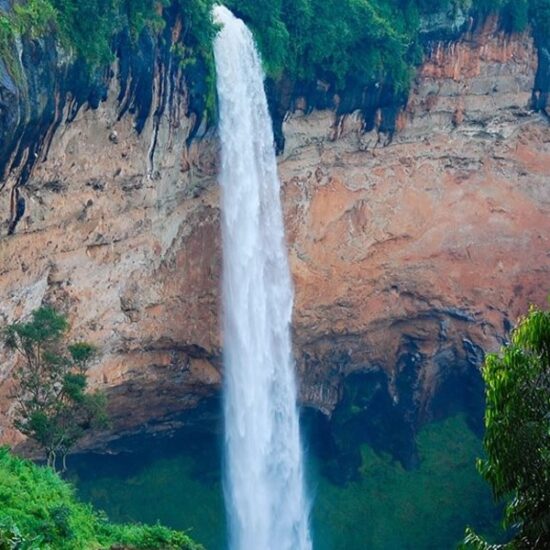
The Karamojong
The Karamojong are one of the few people that belong to the Nilo-Hamite ethnic group of Uganda. They are indigenous residents of Napak, Nakapiripirit, Kaabong, Moroto, Amudat, Abim, and Kotido districts of Uganda, in the North East. They descended from the Nyangatom of Ethiopia, a nomadic pastoralist community who migrated South around 1600AD in search of permanent grazing land for their livestock. They bisected along migration and one group migrated to Kenya along the shores of Lake Turkana and acquired the name, the Turkana. The Turkana then intermarried with the earlier settlers of that area and their off-springs are the Masai and Kalenjin.
The second group, the Jie and Toposa, continued and settled in South Sudan. The Karamojong are the cousins of the Jie who moved further South into Uganda. The Jie youths further moved South in search for fresh pastures and water for their livestock while their elderly parents, who were worn out from the constant movements, stayed put where they are. The Jie youths ridiculed their elders “ekar imojong” which loosely translates as “the old are tired and cannot move any further”.
The Jie youths intermarried with the indigenous communities and the off-springs are the Iteso of Eastern Uganda. The Iteso was the name their elders, also known as the Karamojong, gave them. Since they moved a lot in search for pastures and water for their livestock, their elders worried for them that they would die and become corpses, “Atesia” hence the name the “Iteso” which loosely translates to “corpses”.
All these groups of people mentioned above have many things in common in their language, lifestyle of nomadic pastoralism, traditional wear and body marks that signify a hidden message and their customs and ceremonies are similar. The Karamojong speak a language called Nga Karamojong and their traditional culture is Nagi Karamojong.







